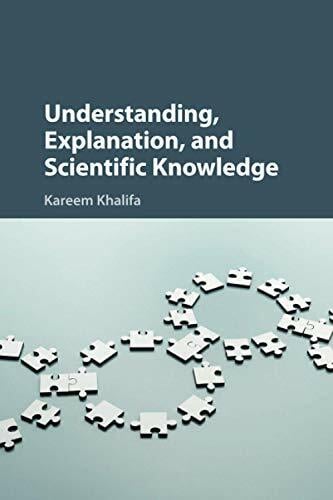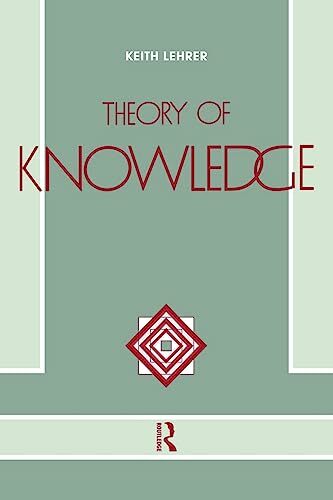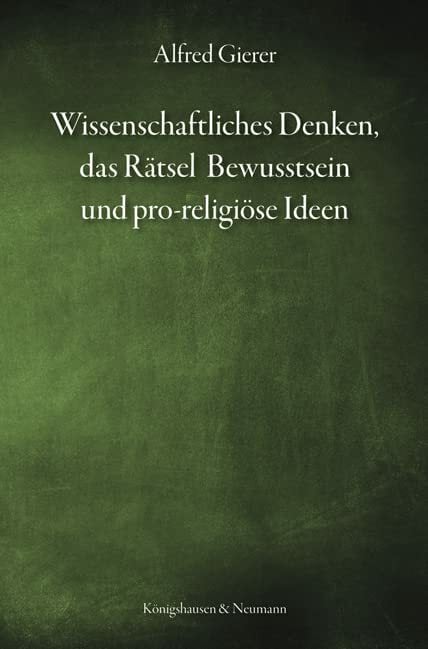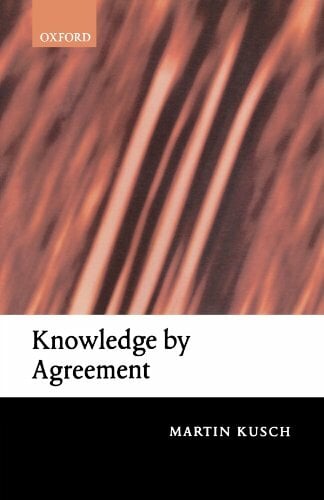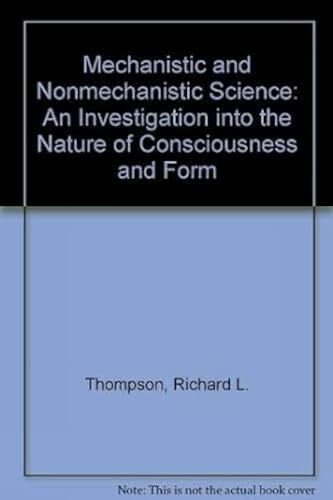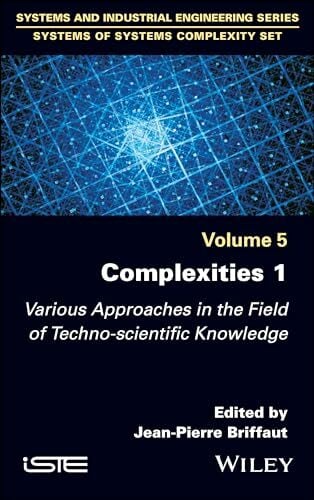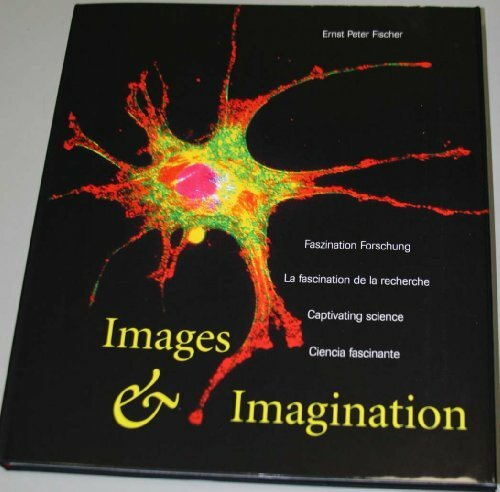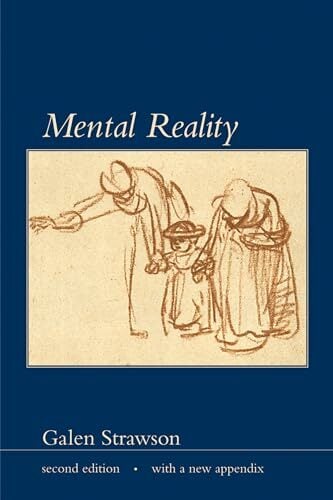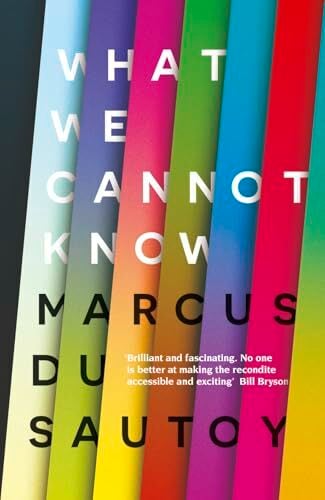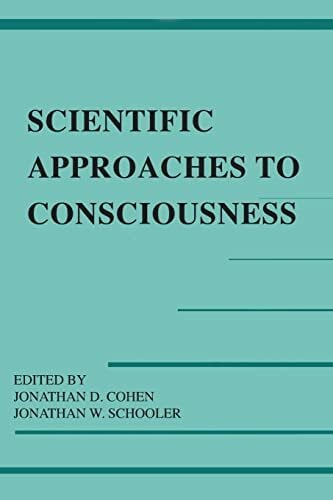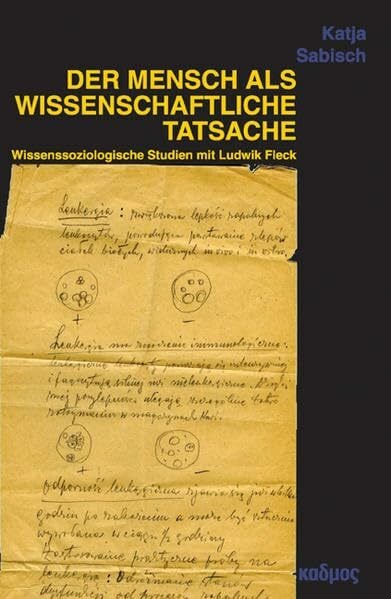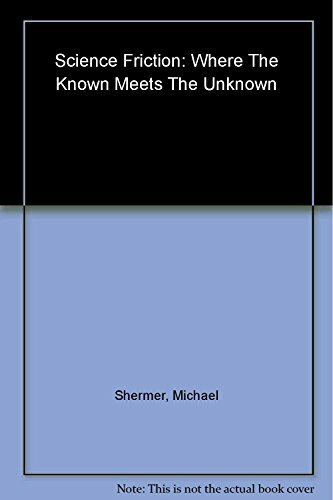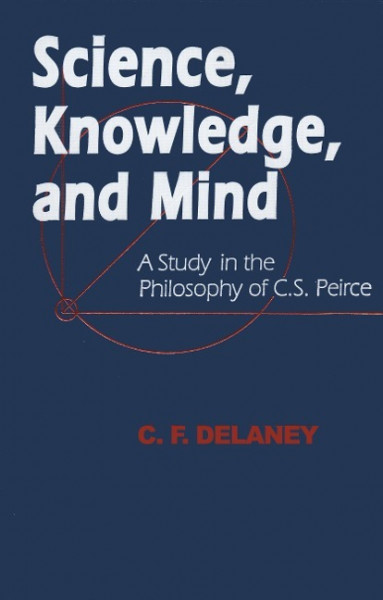
Science, Knowledge, and Mind
Kurzinformation
inkl. MwSt. Versandinformationen
Artikel zZt. nicht lieferbar
Artikel zZt. nicht lieferbar

Beschreibung
Delaney argues that the work of American philosopher Peirce (1839-1914) can best be understood as an investigation of the logic of science, the conditions for the possibility of science, and the speculative extrapolations from science. Charles S. Peirce is the most important figure in the history of American philosophy to date for several interrelated reasons. First, with regard to that intangible mix of abilities that philosophers are wont to identify as constituting a great philosophical mind-that combination of analytic acumen and imaginative vision-Peirce is clearly American's candidate for a place on the roster of the great philosophers. Given his expertise both in mathematics and the physical sciences, he possessed to an extraordinary degree those technical skills philosophers so prize, and he mobilized these in the service of a systematic vision of the workings of the human mind and its place in the cosmos. Secondly, the interaction of his personal character traits with the social expectations of the nineteenth century made of his life the kind of personal tragedy that proves continually fascinating. The association of genuine creative genius with personal failure is the stuff, if not always of legends, at least of enduring curiosity. Finally, the issues in the philosophy of science, epistemology, and the philosophy of mind that were central to his philosophical project just happen to the ones that are still on center stage on the contemporary philosophical scene. HIs reflections still speak direct to our questions and, given the ineradicable egocentrism of human enterprises, this assures him of our continued attention. -from the Preface von Delaney, C F
Produktdetails

So garantieren wir Dir zu jeder Zeit Premiumqualität.
Über den Autor
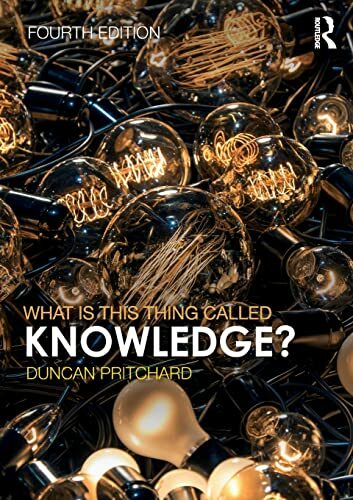
- Kartoniert
- 252 Seiten
- Erschienen 2018
- Routledge
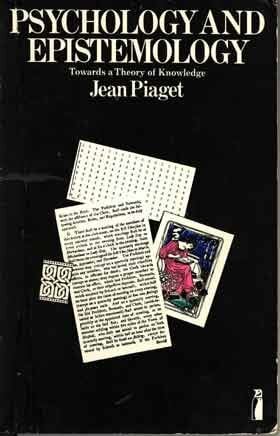
- paperback
- 120 Seiten
- Erschienen 1983
- ELT

- paperback
- 1393 Seiten
- Erschienen 2012
- Norton & Company

- hardcover
- 1480 Seiten
- Erschienen 2011
- Meiner, F

- Kartoniert
- 682 Seiten
- Erschienen 2011
- Suhrkamp Verlag
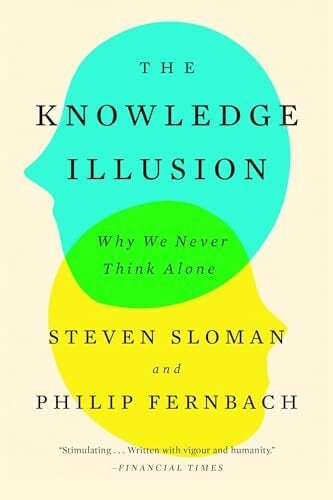
- Kartoniert
- 304 Seiten
- Erschienen 2018
- Penguin Publishing Group
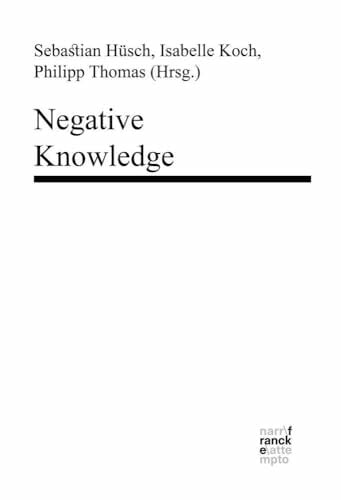
- Klappenbroschur
- 411 Seiten
- Erschienen 2020
- Narr Francke Attempto
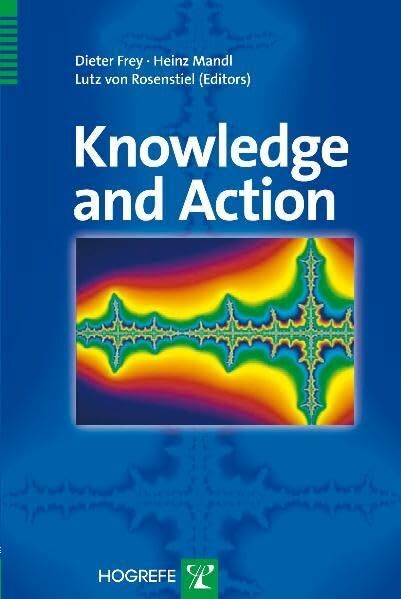
- paperback
- 208 Seiten
- Erschienen 2006
- Hogrefe Publishing






